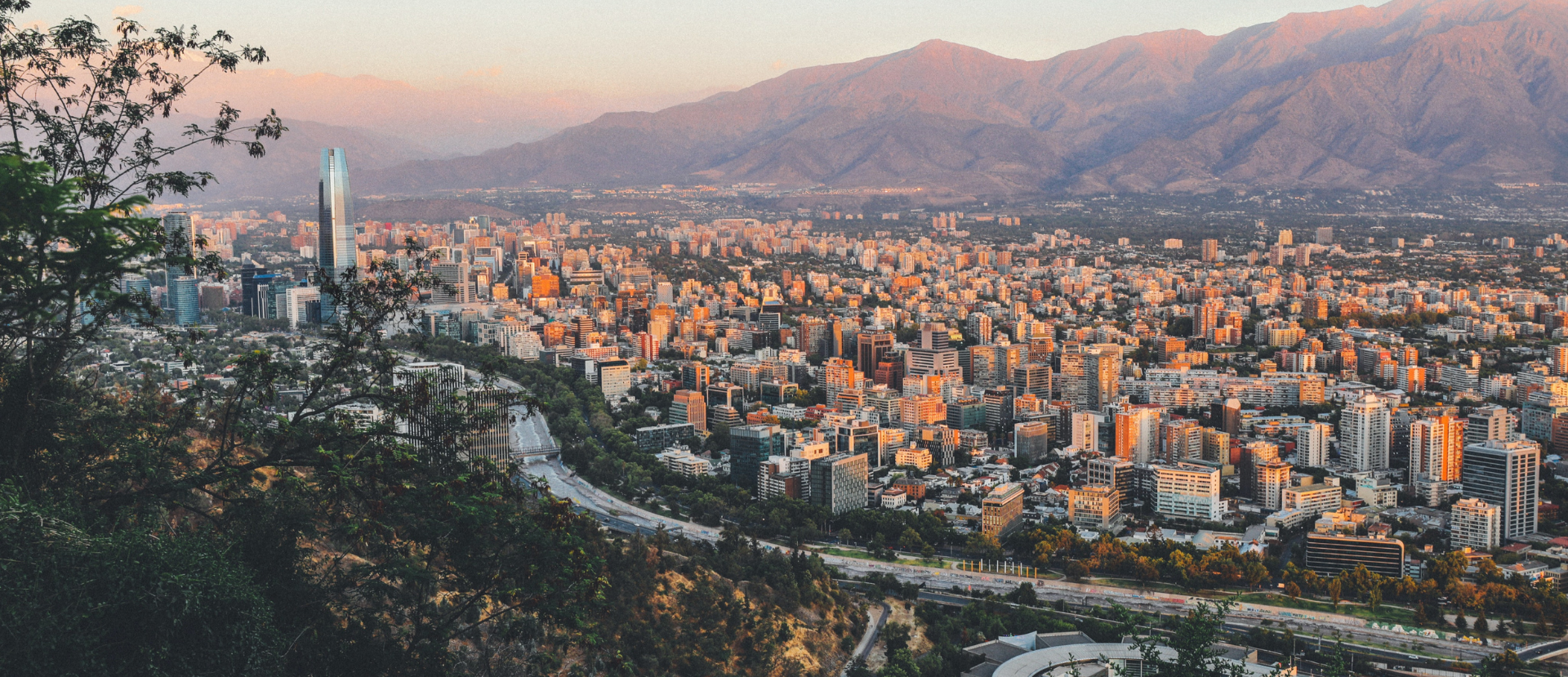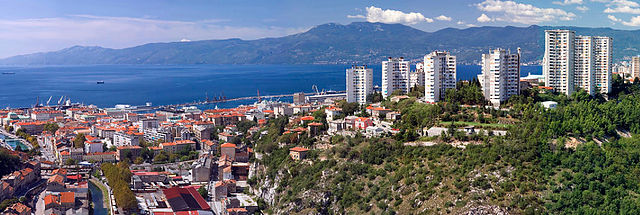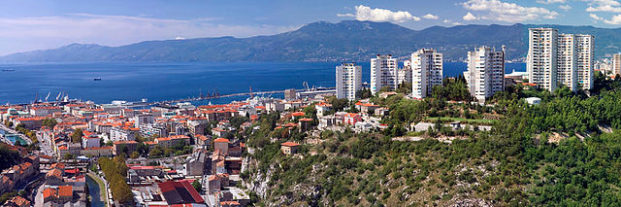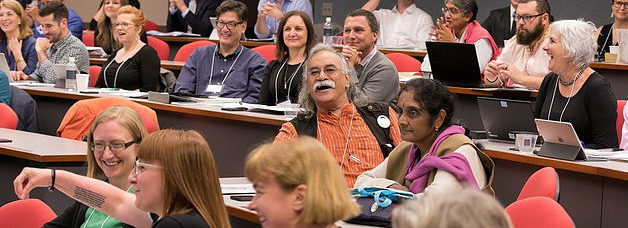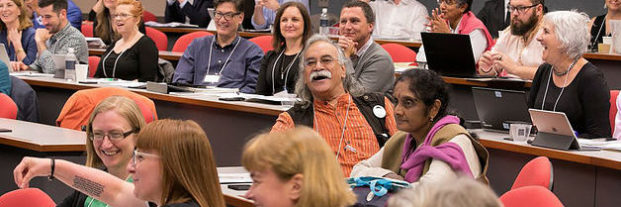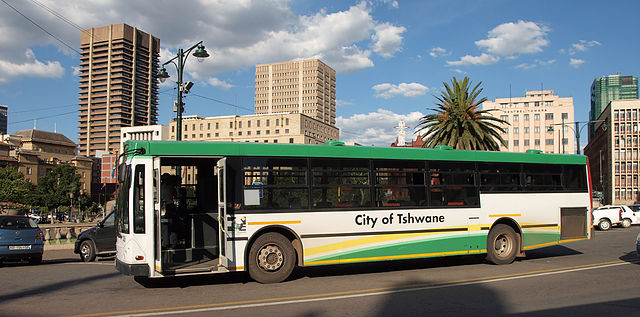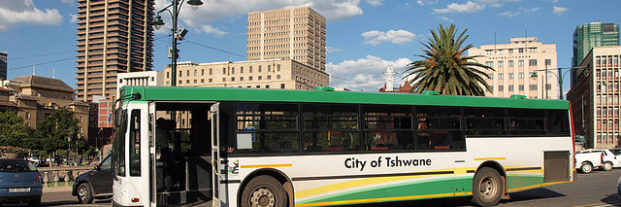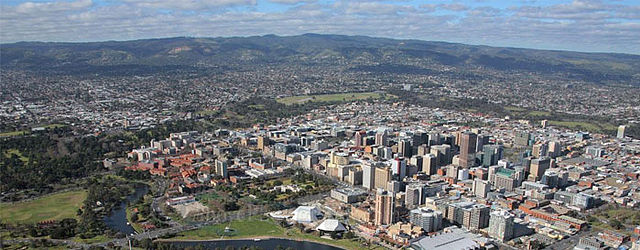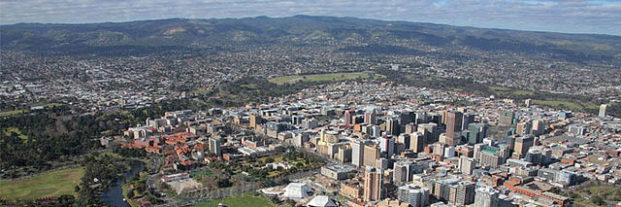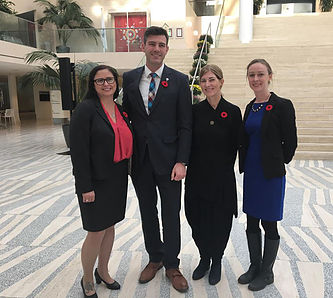We’re so grateful for the chance to travel again and be with our colleagues in person. We were able to spend time in South America during the months of July and August, learning from and working with our Vanguard Program partners. Our key takeaways were: the core issues of homelessness are very similar all around the world, with rising challenges in accessing housing, serving people with complex needs, complications in cross-sector partnerships, and thinking through creating people-centered systems that quickly resolve homelessness with permanent solutions. But another takeaway is that all our partners are passionate, innovative, dedicated, and willing to learn from mistakes and from each other, which gives us continued optimism that we can all rise together to meet the urgent challenge of homelessness.
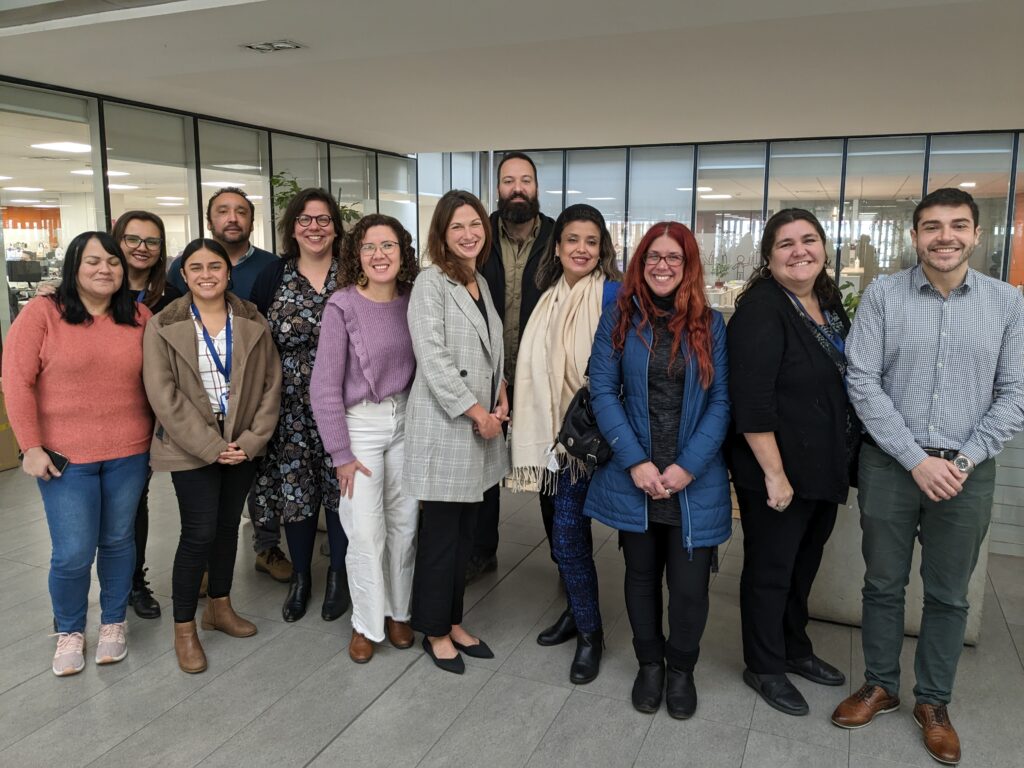
In Santiago de Chile, we met with our partners at the National Street Team in the Ministry of Social Development and Families (MDSF). Our first site visit was with Nuestra Casa, which has collective housing as well as a Housing First program. We met with a Housing First resident, Santiago, an artist, who talked about his experience in Nuestra Casa’s HF program as well as showing us his work, carved lanterns. Next, we had a meeting with the service delivery team of the Barrio Calle program, an intersectoral project to reduce homelessness in two neighborhoods in Santiago through street outreach and integrated services. We heard about their challenges in accessing housing units and serving people with complex needs. IGH also presented at two forums, an NGO forum and a collective of real estate developers and business people, sharing some global examples that they can adapt to drive housing solutions in Chile. And we worked with our partners at CISCAL to continue planning the next International Journal on Homelessness conference which will be held near Santiago in January 2025 (exact dates to come soon!).
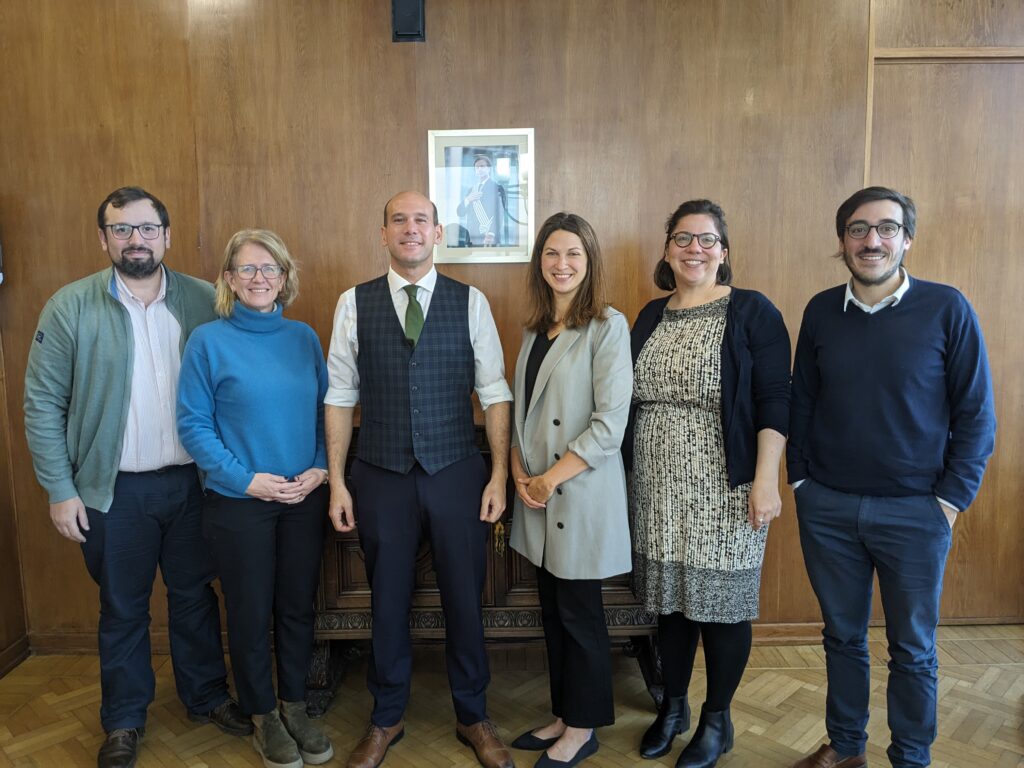
The next stop on our trip was Montevideo, Uruguay. We worked closely with the Ministry of Social Development (MIDES) and visited many housing programs for families and individuals, shelters, and specialized housing programs for people living with mental and physical disabilities, substance use, and returning citizens. We were particularly impressed with their central street outreach dispatch and booking program, which ensures that 100% of people who want shelter have it. IGH took part in their biannual point-in-time count, which they use alongside real-time administrative data, to track important data and trends to better inform their approach to homelessness. Most of the homeless services in Uruguay are contracted through the central government, and MIDES has focused in the last year on broadening partnerships with civil society. We visited several organizations benefiting from this new approach including Ceprodih, a workforce development program focused on supporting single mothers (pictured below). We had the opportunity to talk with many people who have lived experience of homelessness, including people from Colectivo Ni Todo Esta Perdido and Centro Autogestionado Viladevoz, a collective who live together and work together to manage a radio station. Uruguay is IGH’s first Vanguard Country, and we were so thankful for the opportunity to see the diverse range of programs, share mate, and have deeper conversations with our partners talking about new strategies, challenges, and work to collaborate across sectors.
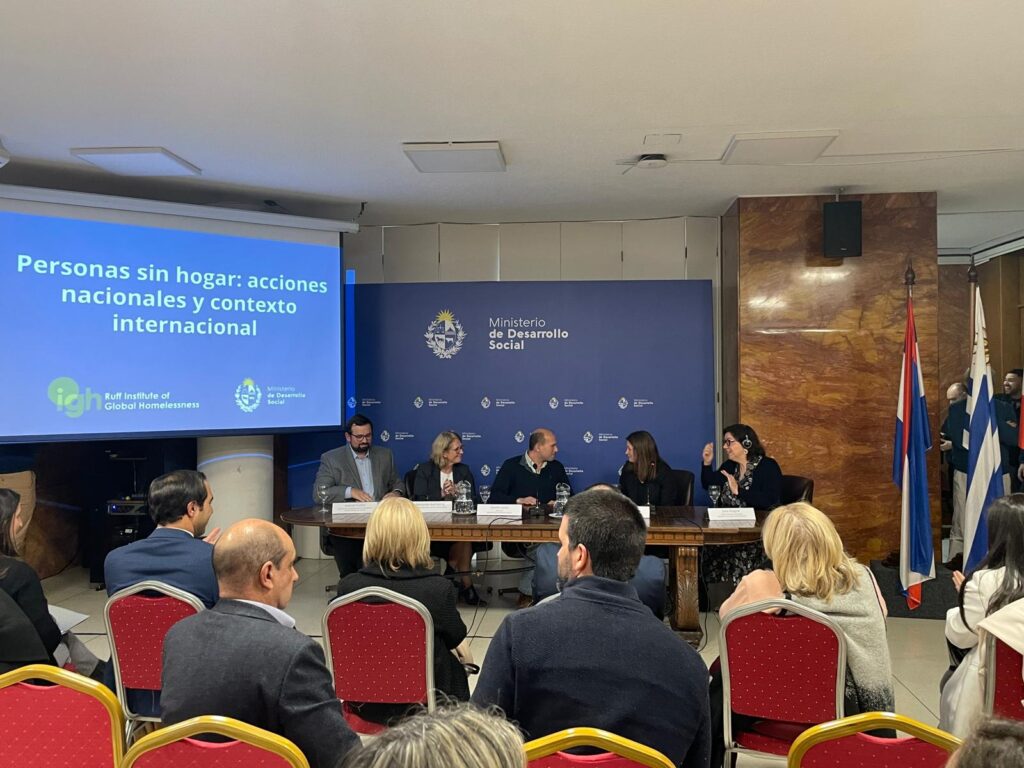
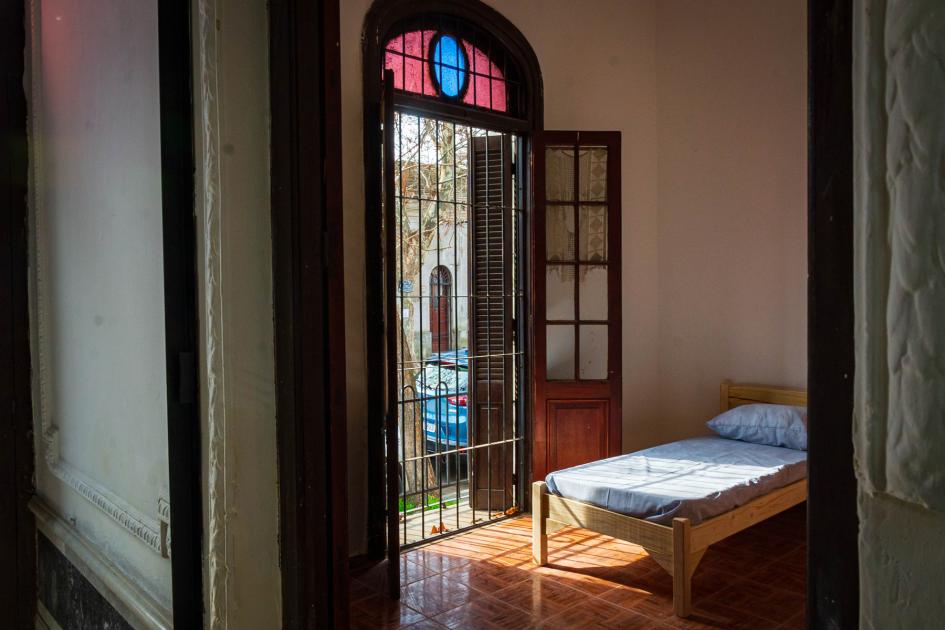
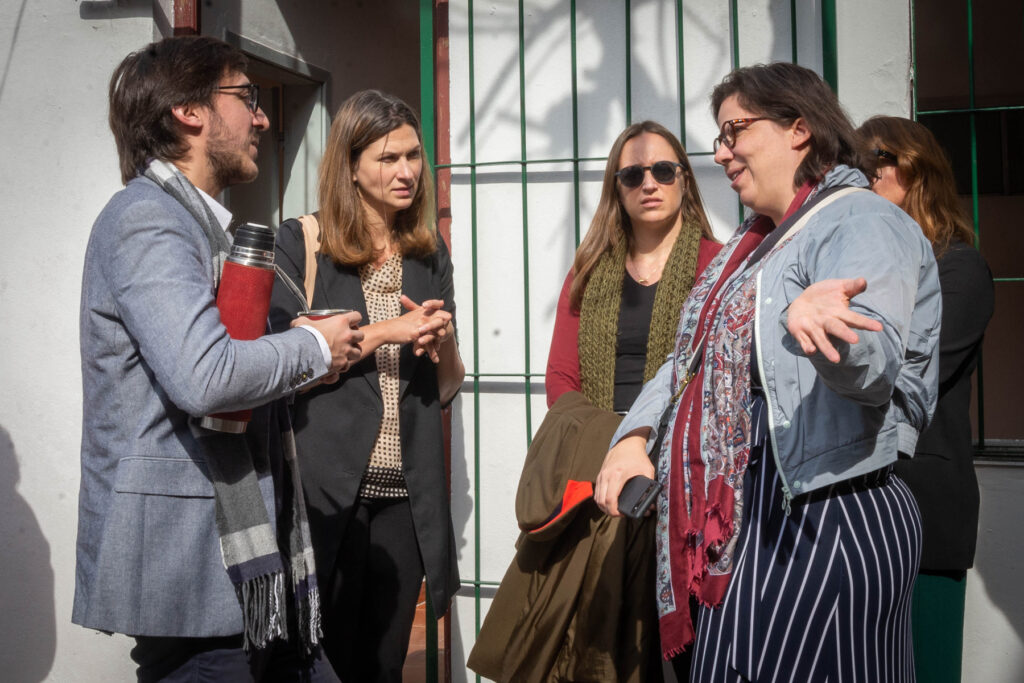
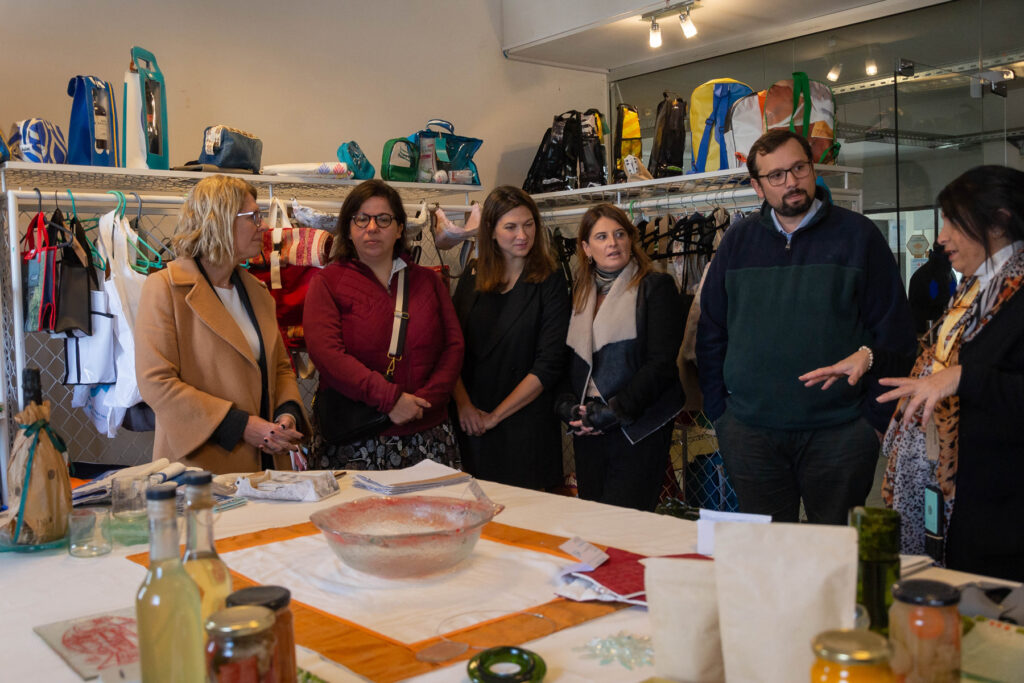
In São Paulo, Brazil, we were delighted to sign the formal Vanguard City partnership agreement with the city administration including the Mayor of São Paulo, Municipal Secretary of Assistance and Social Development, Municipal Secretary for human rights and citizenship, and the Municipal Secretary for International relations. The agreement was also signed with the Institute for Economic Research Foundation (FIPE). IGH, FIPE, and the city administration are working together on a new initiative to support youth at risk or experiencing homelessness. We also toured day centers, housing programs, and visited with people with the lived experience of homelessness and service providers, including the Rede Rua program.
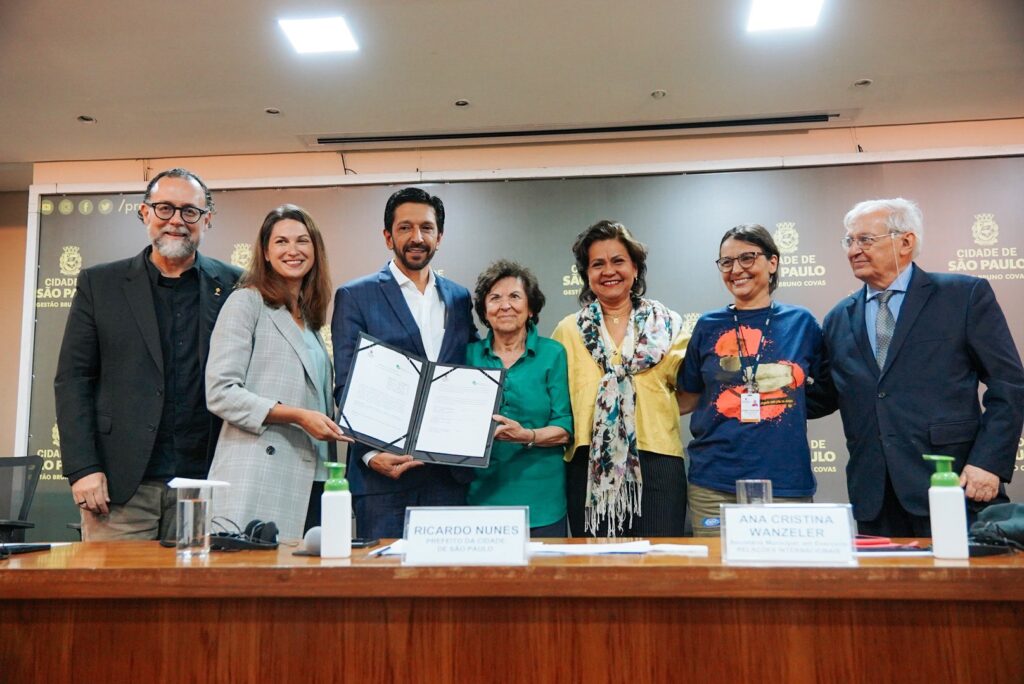
The signatories of the São Paulo Vanguard City Agreement

